Atrial natriuretic peptide (vasodilation) & Aldosterone
By: HWC
Date Uploaded: 11/20/2019
Tags: homeworkclinic.com Homework Clinic HWC Atrial natriuretic peptide vasodilation Na ion and water loss Aldosterone zona glomerulosa cells Angiotensin II
• Certain situations will cause the body's stress level to rise. • increased blood pressure will stretch the atria of the heart, stimulating the secretion of atria natriuretic peptide (MP). • ANP causes muscle cells in blood vessels to relax. • Blood pressure is lowered as a result of the vasodilation. Na ion and water loss • ANP targets cells of proximal convoluted tubule in nephron of kidney. • Increased ANP inhibits the retention of Na+ ions, which reduces the retention of water. • Less water returning to the blood causes blood pressure to return to normal. Na ion reabsorption/K ion secretion • High levels of Angiotensin II - resulting from low blood pressure, low levels of Na+ ions or high K+' ion blood concentration - stimulates the production of Aldosterone from the zona glomerulosa cells of adrenal cortex. • Aldosterone binds to the cells of the distal convoluted tube and the collecting ducts of the nephron. • Aldosterone promotes: • Increased Na+, Cl- and HCO3- reabsorption • Increased water retention • Increased K+ and H+ secretion • Aldosterone prootes an increase in blood volume and pressure by conserving Na+,Cl- and HCO3'-ions as well as water. Excessive K+ and H+ ions are removed.
Add To
You must login to add videos to your playlists.
Advertisement



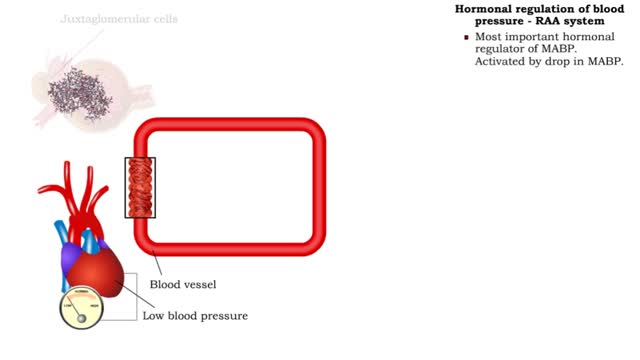
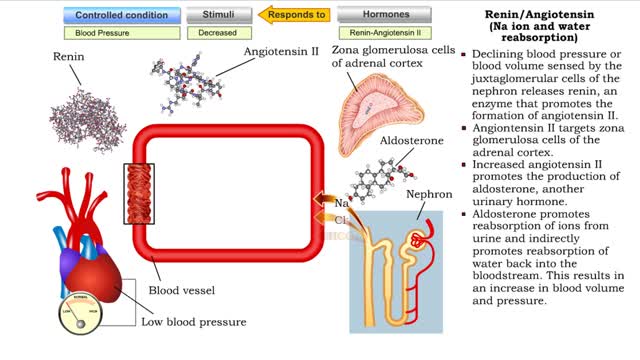
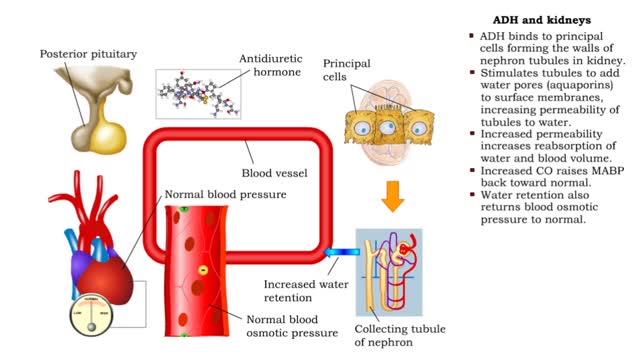
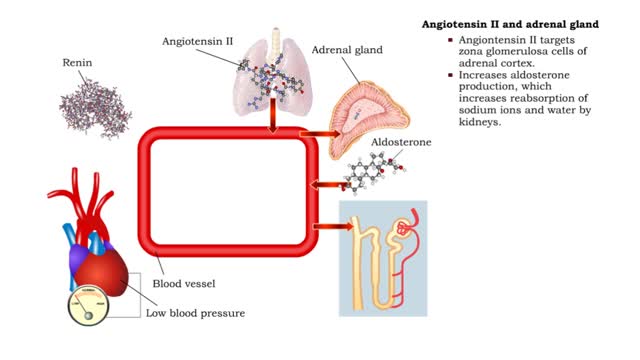
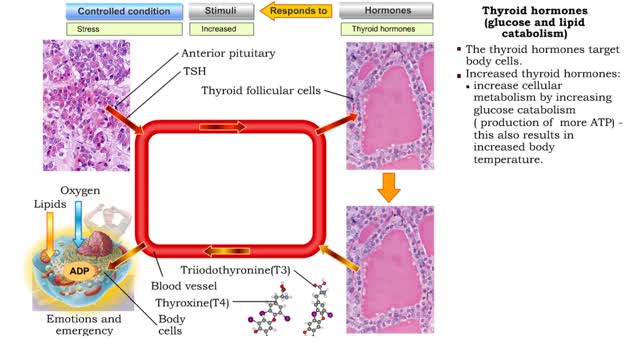
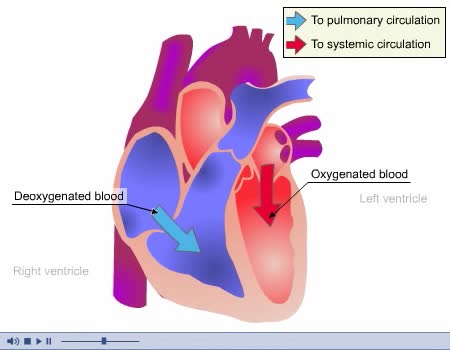
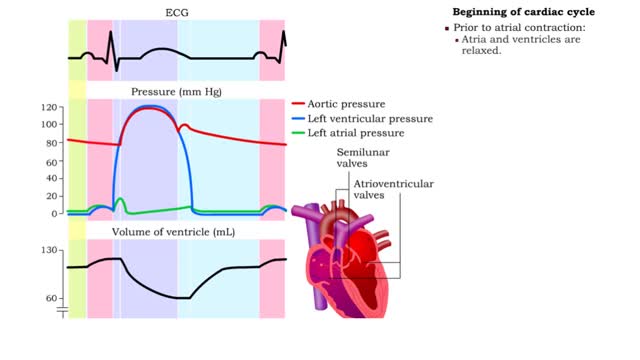
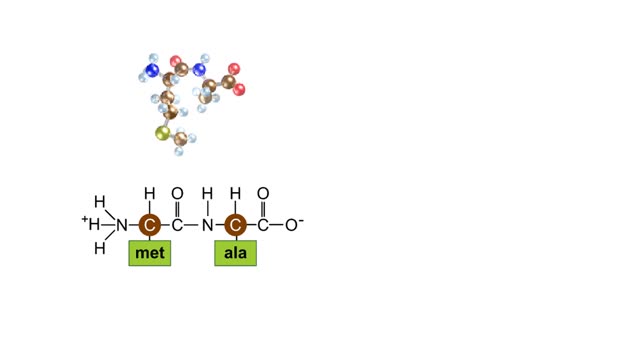
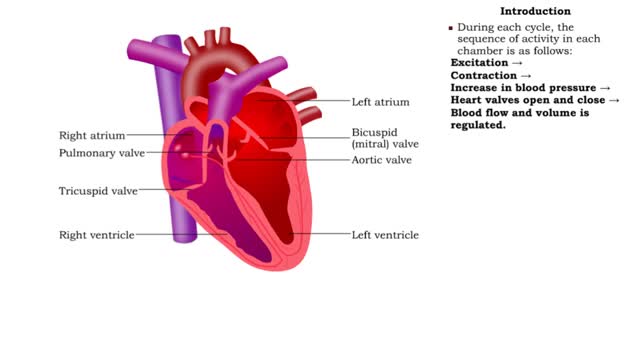
Comments
0 Comments total
Sign In to post comments.
No comments have been posted for this video yet.